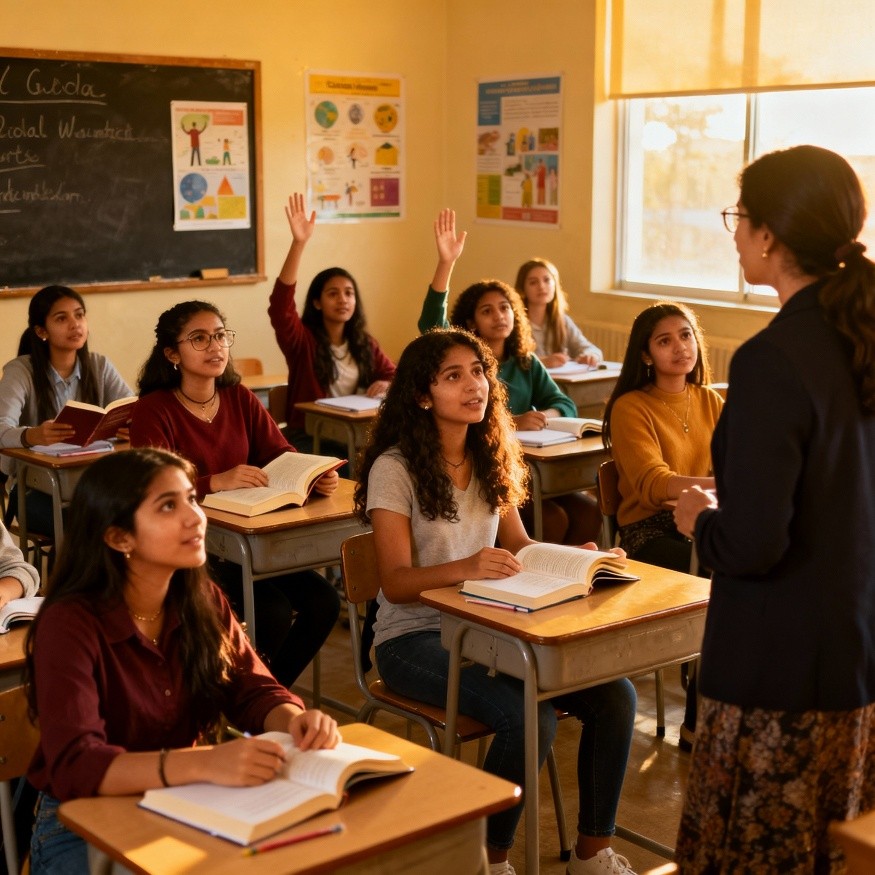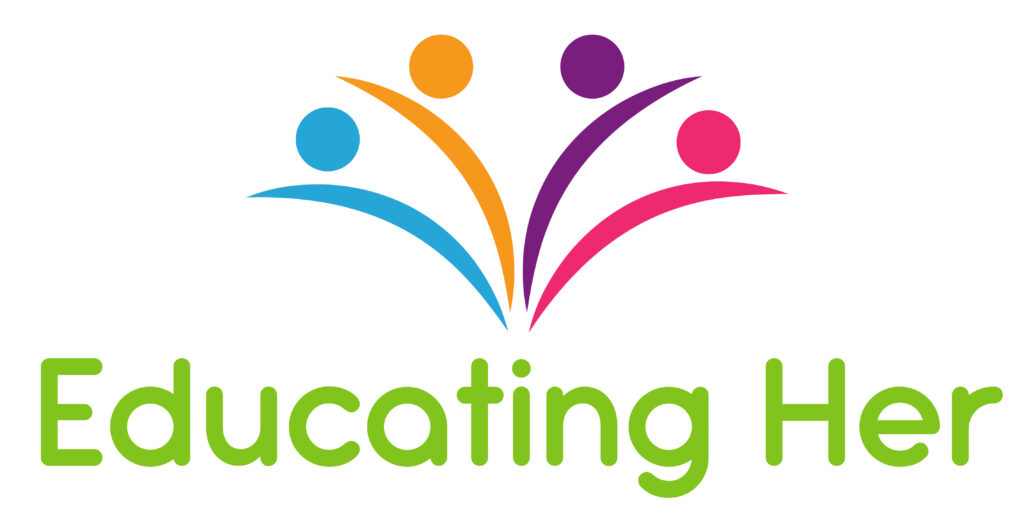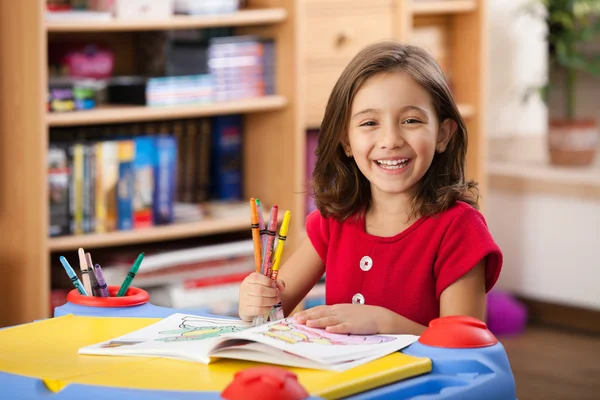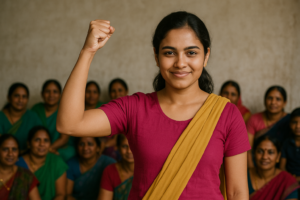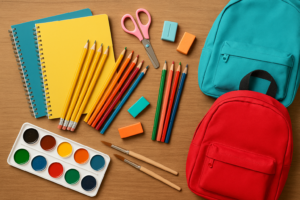Ready to help us
DONATE
Support us and change the course of a life today!
Our Mission
Our Mission is to achieve social justice and defeat poverty by providing education to underprivileged women and girls across the world. We are realistic about our approach and the work ahead.
Our Vision
We envision a world of educated women and girls, by providing necessary educational needs, developing their talents and abilities, and preparing them for job opportunities to live their life with security and dignity.
Giving back through life-changing experiences
Start donating them
Find popular causes
Clients Feedback
What they’re talking about us
Volunteering with this organization has been one of the most rewarding experiences of my life. Seeing young girls gain confidence through education reminds me why I started — to help unlock potential where it’s often overlooked. Every notebook, every lesson, and every smile tells a story of hope. I’m proud to be part of a mission that’s truly changing lives.
Empowering Young Dreams
Ananya Sharma, Volunteer Mentor
Working with the girls has completely changed my perspective on what empowerment really means. It’s not just about books and classrooms — it’s about giving every girl the belief that she can achieve anything. Watching them grow into confident, ambitious young women has inspired me more than words can express.
Education Creates Equal Opportunities
Rahul Mehta, Community Volunteer
When I first joined as a volunteer, I thought I was here to teach — but I’ve learned just as much from these incredible girls. Their determination and joy are contagious. This organization doesn’t just educate; it uplifts entire communities. I feel deeply honored to play even a small part in that transformation.
A Journey of Giving and Learning
Priya Nair, Education Program Volunteer
Get In Touch
Become a Volunteer!
